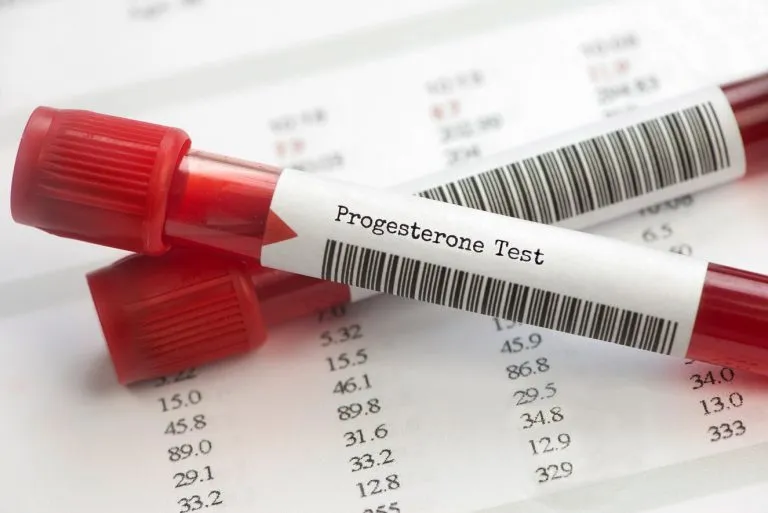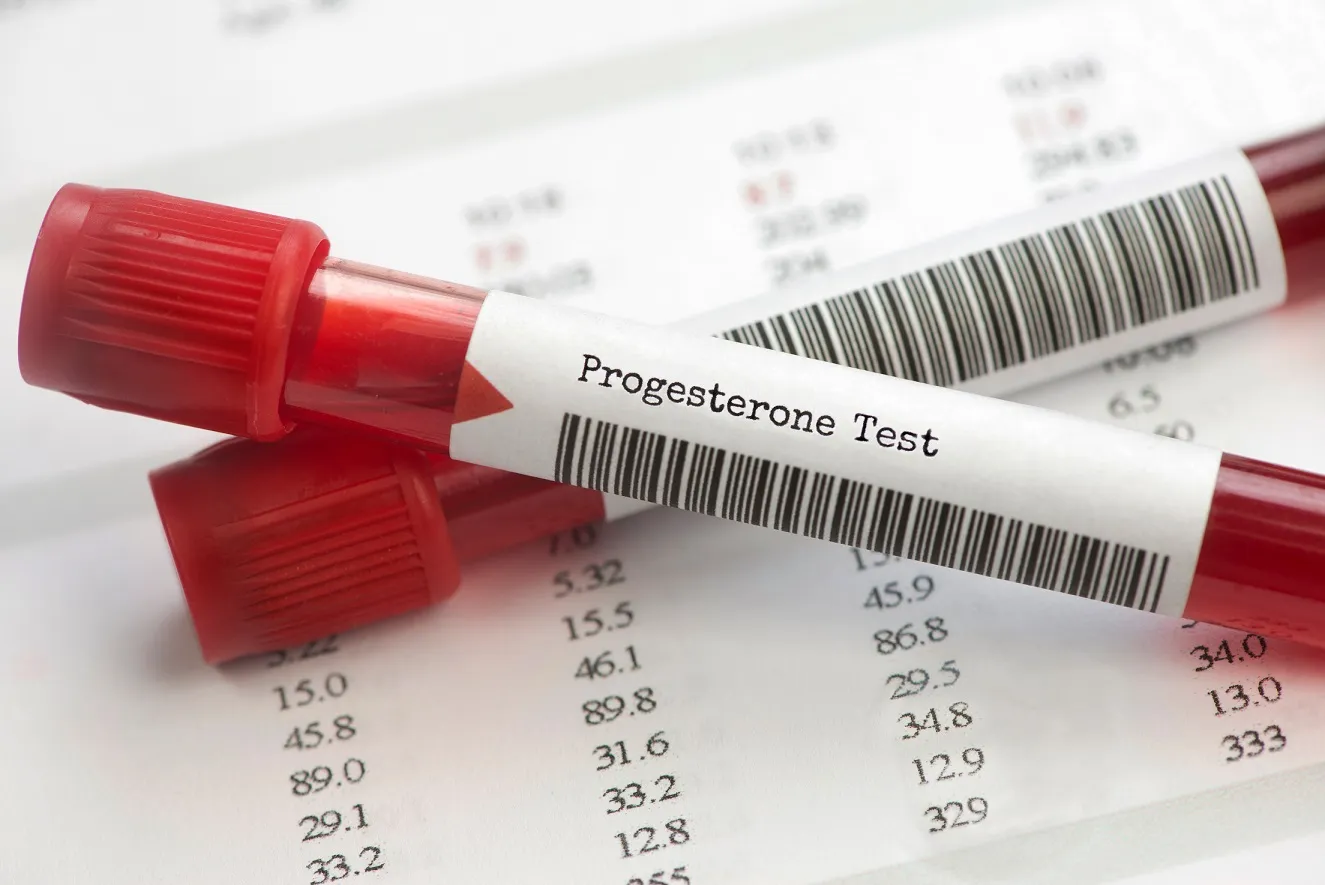Progesterone is a hormone necessary for the proper development of pregnancy from the first days of pregnancy. In some situations, moms-to-be are ordered to take a progesterone test. Sometimes its supplementation is also necessary. Find out what are the norms of progesterone in pregnancy and what are the risks of too low levels.
When is progesterone tested in pregnancy?
Progesterone in pregnancy is not a mandatory test for every mother-to-be. To perform the test, the doctor should have specific indications for it. Among them are menstrual disorders, problems getting pregnant or a history of miscarriages. Most often, a doctor ordering a woman to take a progesterone test wants to confirm or rule out the so-called “progesterone test. Luteal insufficiency, which may be the cause of the above disorders. In the later weeks of pregnancy, progesterone testing is unlikely to be performed, and progesterone supplementation is included depending on the presence of indications such as a history of preterm labor.
Read more:
Progesterone in pregnancy
What are the norms of progesterone in pregnancy?
If the gynecologist recommends a progesterone test, he should evaluate the results obtained. This is because he will relate it to the clinical condition and will be able to suggest to the mother-to-be the appropriate further treatment. Progesterone standards vary between laboratories.
Progesterone standards will also vary depending on the week of pregnancy. Initially, the hormone is produced by the corpus luteum at 25-50mg per 24 hours. This corresponds to an average serum concentration in the range of 8-48 ng/ml. At term, the placenta produces about 250 mg of progesterone per day, while concentrations reach 200 ng/ml. Interestingly, the production of progesterone is higher in twin pregnancies and is as high as 600mg/day.
Too low progesterone in pregnancy
Progesterone levels that are too low can make it difficult to get pregnant. It takes part in the implantation of the embryo, and also influences tolerance in the mother to fetal tissues. In moms-to-be, if progesterone levels are too low, various complications such as preterm labor can occur. This is because an adequate concentration of this hormone keeps the uterus relaxed, so that contraction activity does not occur too soon. If progesterone levels are too low, the gynecologist may prescribe progesterone supplementation.
Progesterone in pregnancy- Duphaston and Lutein
Pregnant women are often prescribed Duphaston or Lutein by their gynecologist. These are two preparations that increase the concentration of progesterone, except that Duphaston, unlike Lutein, is its synthetic counterpart, dydrogesterone. Despite the similarities between these drugs, they are prescribed for specific (and different from each other) situations. Duphaston is used most often in a group of women struggling with what is known as the “”Duphaston” problem. Luteal insufficiency at the beginning of pregnancy. Lutein, on the other hand, is used among moms-to-be with threatened preterm labor. In this situation, it is administered vaginally to act topically. However, you should not supplement progesterone on your own, among other things. Due to contraindications to its use. These include active thromboembolic disease and breast cancer. Progesterone can also affect water retention in the body or aggravate heart failure and migraine headaches.
Read also:
Lutein in pregnancy
Bibliography:
Use of progesterone in the prevention of preterm labor, Gynecology and Practical Perinatology 2018
Rate this article:












